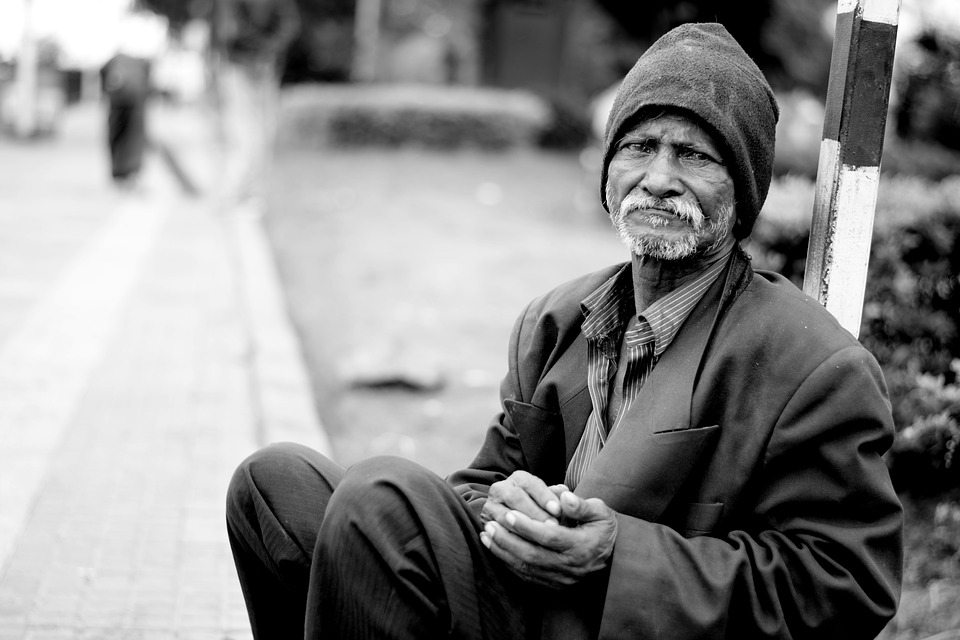According to a WHO report [1], at least 10% of organ transplants performed worldwide are allegedly the result of some form of trading including transplant tourism.
In countries such as Egypt (see Egypt unveils a new network specialising in organ trafficking, The biggest international network for human organ trafficking stopped in Egypt, Pakistan (see Organ trafficking unveiled in Pakistan and Selling organs – the ultimate solution for Syrian refugees in Turkey) , India, Iran, Iraq, the Philippines or some countries in Latin America and Eastern Europe, legislation does not always prohibit the sale of organs, and even in countries where the ban is clearly defined, as in the United States, the shortage of donors is generating a highly lucrative black market. Furthermore, medical practices generally leave much to be desired.
The UN.GIFT (Global Initiative to Fight Human Trafficking) defines three categories of organ trafficking:
1/ When traffickers force people to relinquish their organs or lie to them;
2/ When people sell their organs but are not paid or are paid less than the amount originally agreed (in the majority of cases);
3/ When organs are removed without the individual’s knowledge – these people are generally vulnerable, poor or homeless or have been admitted to hospital for another reason (which may or may not be genuine).
One final source of organs for trafficking purposes: “the aborted foetus and the use of anencephalic new-born infants as organ donors”.
The entire process of organ trafficking involves so many people (those recruiting individuals to take part, the donors themselves, brokers and surgeons, etc.) that it is difficult to establish the true extent: “not all of those involved in this process can be identified, so it is impossible to pinpoint when trading could be significant”.
[1] http://www.who.int/bulletin/volumes/85/12/06-039370/en/
Bioethics Observatory (06/03/2018)

